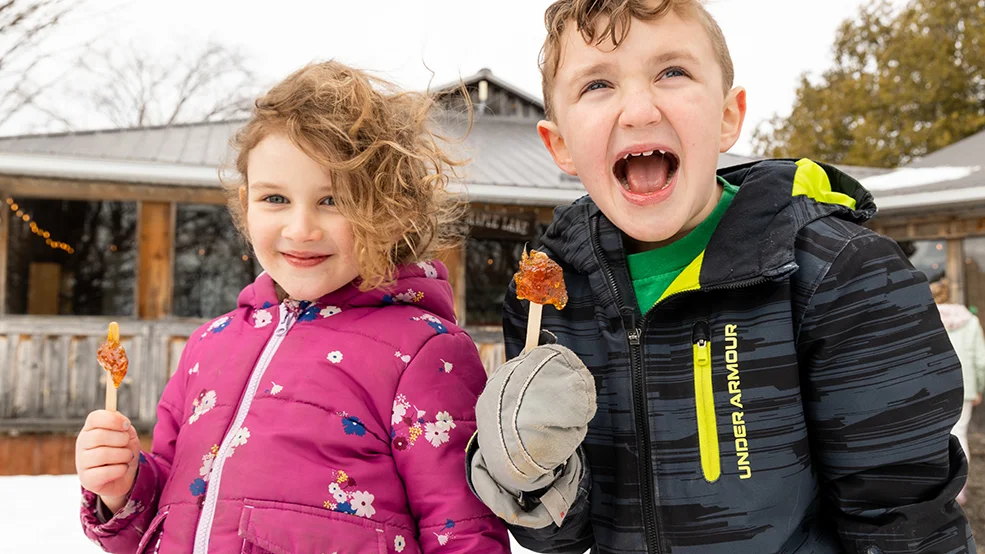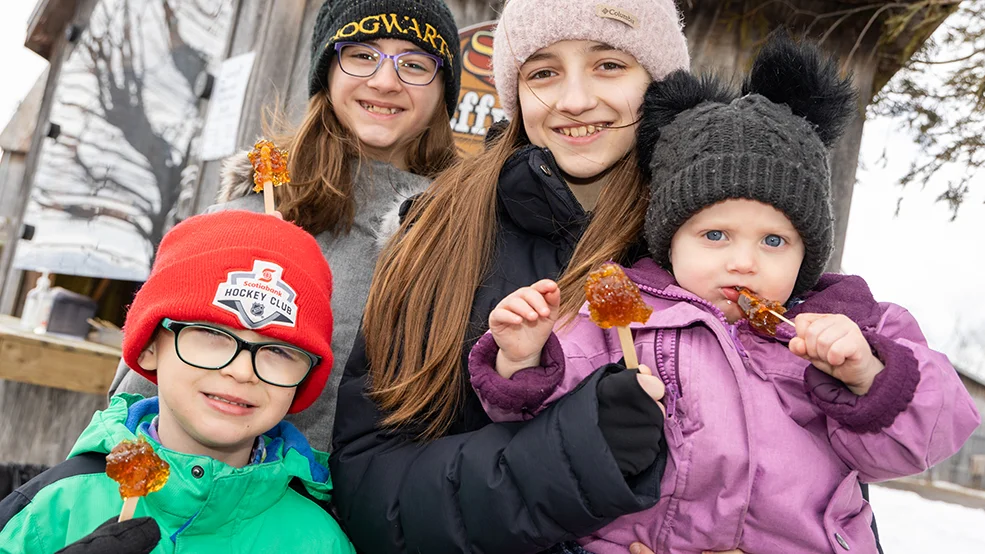Mark Marsolais-Nahwegahbow wears many hats. He’s held a long-standing career in justice and social services, and he’s an instructor at Vancouver Community College. He’s a humble leader, visionary and change maker, and he’s also a driven entrepreneur with a passion for coffee.
Mark is a proud Ojibway band member of Whitefish River First Nation on Manitoulin Island, and it’s his Indigenous heritage that inspires him to make a meaningful impact on the world.
Before starting Birch Bark Coffee Company in 2018, Mark operated within Indigenous organizations spearheading First Nation’s justice programs, including advocating for and working alongside adolescents with mental illness. He also founded IndiGenius & Associates, a consulting firm in Ottawa representing First Nation members with their liberty at risk.
During a trip to Vancouver, Mark attended a water symposium about water issues in Canada’s First Nation communities. Mark was aware of the boil-water advisories, but the conference inspired him to take action; he wanted to help, but he needed the right vehicle to do it.
“As First Nation people, we’re very much visionary people. As entrepreneurs, our minds go 100-miles an hour, thinking how can we save the world?”
Mark began meeting with biologists and scientists to find ways to develop an actionable answer to the water crisis. The boil-water advisory in First Nation communities is a national problem requiring a scalable solution, which led Mark to connect the cause to a product and sales. The connection came after discovering coffee to be the second largest commodity in the world.
Like many people, Mark is fond of coffee—the taste and the social aspect of sharing a cup with a colleague, friend or family member. The business idea was solidified with the slogan Coffee Making a Difference.
Indigenous inclusion continuum business model
Mark adapted a standard business model into what he calls the Indigenous Inclusion Continuum, which revolves around giving back through every facet of the business. This includes:
- giving a portion of Birch Bark Coffee sales to help purchase water purifiers for Indigenous communities;
- allowing small business owners to retain higher profit margins by offering his products at lower wholesale prices; and
- partnering with The Flower Cart Group to secure meaningful employment to individuals who are not readily able to enter the workforce.
Mark is adamant about the coffee being 100% ethically sourced and certified free-trade. He wants to ensure all involved—from suppliers to distributors to retailers—are sharing in the journey and being paid fairly.
“I believed in the fact I could do it as a person and as an individual – one voice for many voices.”
He purposefully brought women into the circle as well, for equality and because women are recognized as leaders in Indigenous culture. His overall mission not only resonates with First Nation peoples, but it’s one younger generations expect from today’s businesses.
Millennials and Generation Z are shifting away from supporting large corporate entities, and instead they’re favouring local businesses, especially those supporting social change and cause-driven movements. It can be anything, Mark claims. For example, using sustainable packaging for your products, aligning with climate change activism or improving your community somehow.
“Whatever it is, you have to shift your thought process. It’s no longer enough to be about the bottom line. It’s okay to make a living, but it’s important to give back.”
Mark also stresses the importance of making it easy for others to be a part of that goodwill. He believes people want to give back, but sometimes they are overwhelmed by the process or are unsure of how to get involved. With Birch Bark, contributing to Mark's objective to raise funds for clean drinking water in Indigenous communities is as easy as purchasing his coffee.
Hope walks through fire – faith leaps over it
A key component of Mark’s success is staying focused on the end result. Doubters are everywhere, and everybody has an opinion, but he doesn’t let that derail him. Instead, he aligns himself with people who share his vision and values.
Early on, Mark strived to create meaningful partnerships. By connecting with Just Us! Coffee Roasters Co-op, Mark tapped into a community of like-minded business owners and consumers to elevate his products while staying true to his values. Now, Birch Bark Coffee is one of three companies in Canada with a small producers (SPP) label, the first fair-trade, farmer-owned certification symbol.
Mark also reminds fellow Indigenous entrepreneurs to remember their worth and the value they can bring to social-enterprise movements. First Nation communities are rich with innovation and an important element of Canada’s history – they have a lot to offer locals and visitors alike.
“Anything’s possible. What the mind can conceive and believe, the mind can achieve.”
This article was written for the Indigenous Tourism Entrepreneurship Training (ITET) project developed by Ottawa Tourism and Algonquin College, made possible through funding from the Government of Canada. To learn more about ITET please visit www.storytotell.ca.






